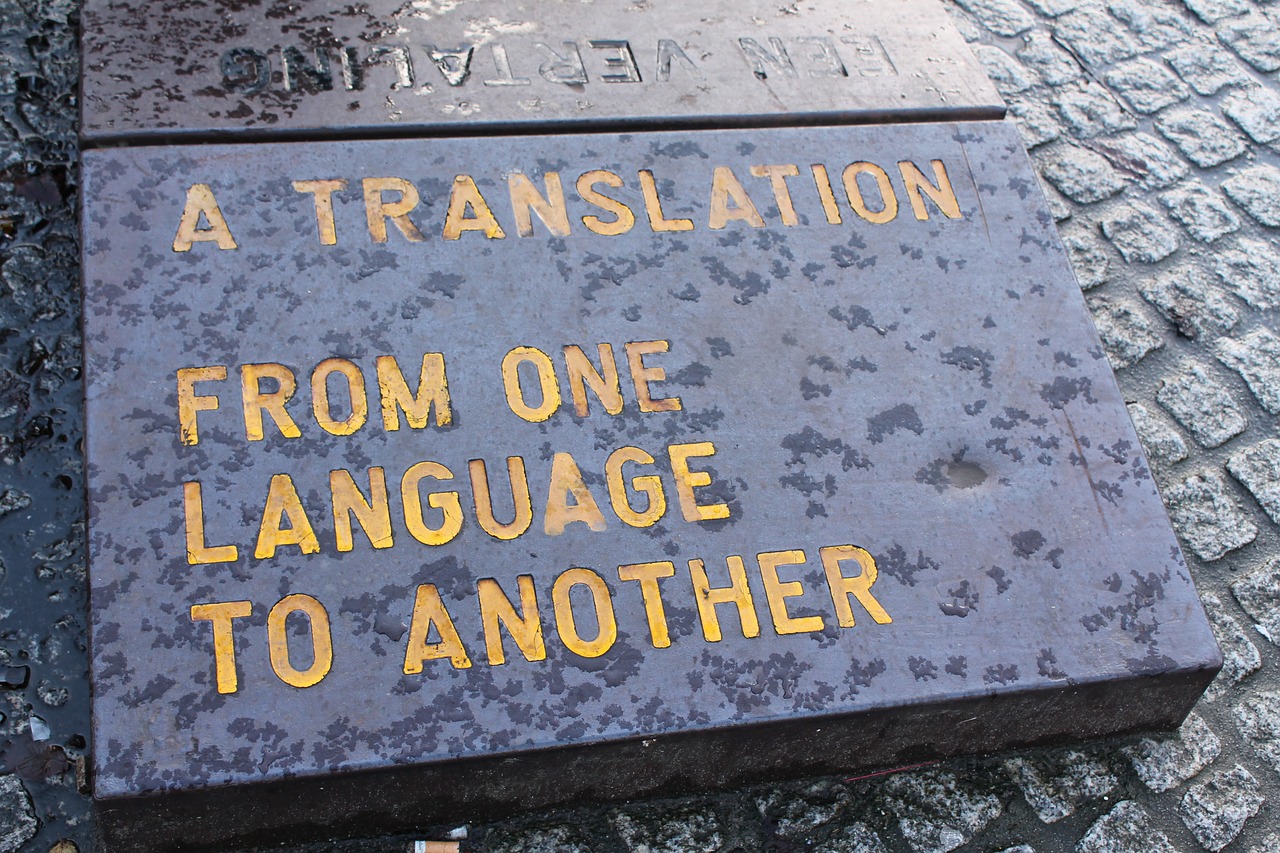
Several years ago, I was on my way from an event in Phoenix to an event in Tempe. While on the highway, my car died. Luckily I coasted off the highway into the parking lot of a local restaurant.
In those days, not everyone had a cell phone. Neither did I. Nor did I have any cash on me.
I walked into the restaurant and they let me use their phone. I called my husband. He was unable to come get me, and I had to get to the meeting, so he said he would call a friend of mine and asked her to come pick me up.
She was at least 20 minutes away, and time was of the essence, so I told him to tell her I would be walking to the meeting so she could pick me up on the street.
Fortunately, the road I was on was a straight shot to the meeting.
Unfortunately, it was a couple of miles away, I was dressed in a suit and heels, and it was summer in Arizona. A good 110 degrees. And I had no money so I couldn’t even buy water.
About an hour later, I arrived at the meeting. My friend had no shown up and I was a sweaty mess. But I made it.
The meeting lasted about an hour. About 20 minutes after that, my friend arrived to pick me up.
Almost two and a half hours after she received the call from my husband.
You see, my husband is from Iraq and she is from Lebanon. They both speak Arabic. However, Iraqis speak Iraqi and Lebanese speak Lebanese. Though they are from the same language and share some words, they are not the same dialect and many of the words are not just different but have different meanings. [video]
So when my husband called her, she only understood half the conversation. The half she understood was to pick me up at the meeting. The half she did not understand was that I was stranded and walking in 110 heat to the meeting. She didn’t tell my husband that she did not understand the whole conversation because she thought she got the ‘important’ part.
Such is the reality of the Arabic language. While there is a Modern Standard Arabic (spoken by most Arabic news anchors) and a Classical Arabic (the language of the Quran), hardly anyone speaks them. They can usually understand it, but cannot speak it in reply. Most Arabic speakers can also understand Egyptian, due to the massive Egyptian television and movies, but they usually cannot respond in Egyptian.
Arabs speak dialects of Arabic. Dialects specific to not just their country, but sometimes the region within their country. If they are well-traveled or have a diversity of friends, their understanding and vocabulary increases, but that does not mean they are fluent in the dialect.
Which is what makes Arabic so difficult to learn.
Do you learn Classical so you can read the Quran? To speak Classical Arabic to Arabs sounds like you’re talking Old English or Shakespear. They might get the overall message, but they cannot respond in Classical Arabic.
Do you learn Modern Standard Arabic? Arabs will understand your very formal dialect, but they, again, will not be able to respond in that dialect.
Do you learn Egyptian? Everyone will understand you, but only Egyptians will respond so you can clearly understand.
Do you learn the Arabic of a particular country or region? You face the same problems when talking to people not from that country or region.
On top of that confusion, some Arabs have their own language as well, such as Coptic Christians and Assyrians. They may speak the Arabic dialect of their origin region, but their primary language is not Arabic at all.
And while we are on the topic of ‘Arab,’ it should be noted that ‘Arab’ is not a race but an ethnic identity. Arabs include Caucasians and Africans with ancestral origins in Europe, North Africa, and the Middle East.
About 420 million people are fluent in some Arabic dialect.
But even if they recognize an Arabic word, it might have a completely different meaning in their dialect.
For example, my husband loves an Iraqi soup called Hareesa. In Lebanese, Hareesa means a sweet, not a soup. Either one of them would get a shock if they asked for Hareesa from the other without explanation.
Though Arabs do not exactly speak the same language, it is somehow assumed that people from 25 different countries, not all of which are in the Middle East, somehow share the same brain. Like the fact that they share a foundational language makes them carbon copies of each other.
If they don’t even speak the same ‘langage,’ how on earth can 420 million people be ‘the same?’
People in the US speak the same language and we could not possibly be said to think ‘the same’ about all things – particularly about religion and politics.